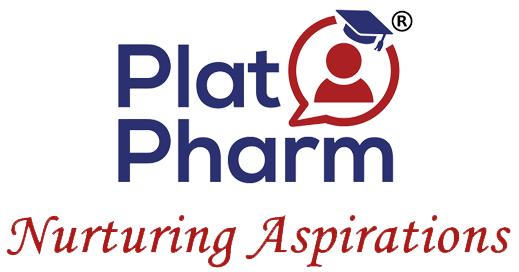- John Powell
Words are powerful. The precise use of the right set can build an impactful conversation. However, being professional is constantly mistaken for being verbose and complex. Most of us must have faced a situation where our words don’t reflect our true selves. The world around is filled with jargon of texts with words like “curated,” “resilience,” and “manifest.”
In today's world, there is a tendency to use buzzwords and industry-specific language, but it is important to remember that simplicity and clarity are essential when communicating in a professional setting. Language, grammar, and confidence portray one's image in the workplace. These factors impact teamwork and the ambiance at the workplace as well. However, this communication as a skill set is not innate and could be developed through practical experiences.
The Three Key Aspects of Communication
Discipline, integrity, and persistence are not typically associated with communication skills in self-help books; in reality, they can make things happen. When approaching a professional or mentor in corporate, it is good to start with a simple introduction, state the need for the conversation, and end it with a reason for talking to that person in particular.
- Clear and concise conversations reflect that one values others' time and schedules - Discipline.
- Stating the reason at first reflects one's intent towards the project or opportunity - Integrity.
- The personal motive to meet reflects the effort one puts into the conversation - Persistence.
Steve Jobs - A Wizard of Communication Strategy
The working style of Steve Jobs, the co-founder of Apple, is a good illustration of this concept. He was a master of presentations, and his keynotes were famous for effectively communicating the value of Apple's products in a unique and engaging tone.
- He set a high standard for Apple's communications, which helped the company maintain its position as a leader in the technology industry. However, Apple's marketing campaigns and communication content are entirely focused, constantly evolving, and time-bound - Discipline.
- He was known for his attention to detail and ability to communicate his vision for Apple's products concisely. All these keynotes started by stating the reason to listen and had a compelling story - Integrity.
- He was also known for his discipline in marketing, consistently on-brand. He kept the company's vision and mission in every communication, whether it was an email, a meeting, or a press conference - Persistence.
Work Ethics and Communication
Communication at a workplace is a protocol to be followed and a standard of workflow to be understood. This vital asset enables smooth transiting in the corporate. Following certain ethics and adding structure to work is essential in the corporate sector.
- People will acknowledge one's opinions when they communicate their ideas, discuss the flow of work, and are open to criticism.
- Consistent communication with the team through regular updates reflects discipline in the workplace.
- The best aspect of being a good communicator is being persistent, not giving up on the team during a crisis, and understanding others' perspective.
Communication is less of a skill and more of an art form
At an organizational level, communication fuels the flow of work. A good rapport between the team positively impacts the project. Good communication practices change workplace dynamics and enhance the productivity of individuals. Finding the balance between being informal and being non-coherent is crucial.
Using the right words at the right time with the right intent is the basis of any form of effective communication, whether verbal, written or just a conversation. This vital asset enables a smooth transition in the corporate sector. However, no matter where one stands on language skills - Discipline, Integrity, and Persistence at the workplace will always reflect in one's work and will prove to be an advantage. This triad can lead the way in any career.

